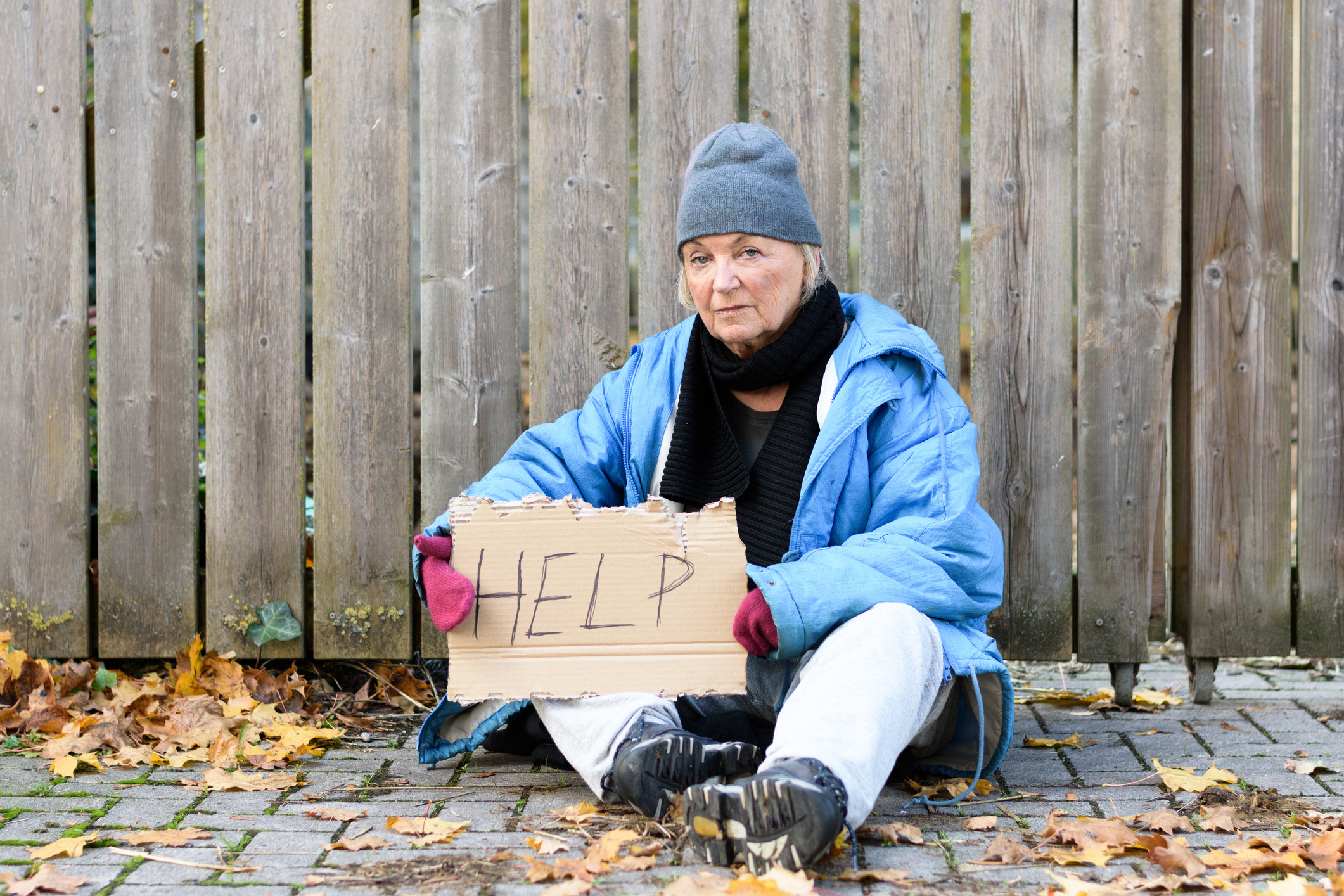While many of us enjoy plentiful food, a warm home and the gathering of friends and family this holiday season, not all of us are so fortunate. And a growing number of people who face hunger and homelessness are elderly.
Seniors on a fixed income are often faced with choices like heating their home or filling prescriptions and buying groceries. It is estimated that nearly 42 million Americans are struggling with food insecurity and older adults who become homeless are vulnerable and less likely to survive. According the U.S. Department of Housing and Urban Development (HUD) the number of homeless seniors will double between 2010 and 2050 and already, half of the nation’s homeless are over the age of 50.
Seniors facing homelessness and hunger may also have complex medical needs including dementia, stroke or cancer. And those who find themselves recently homeless as a result of illness leading to a loss of work or rising housing costs may feel ashamed and avoid seeking help. Very few shelters are equipped for the needs of the elderly specifically; bunk beds don’t work when you use a walker and as a result many homeless seniors wind up in nursing homes when they could be living independently, with the proper assistance.
There are many ways to help at-risk seniors in your community but the first step is to notice where a problems exists and that starts with visiting seniors in your neighborhood or reaching out to community services for assistance. Many seniors live alone and are socially isolated when they can no longer drive; volunteering to deliver meals and visit with an older adult can make a real impact on their quality of life.
There are also many volunteer opportunities in nursing homes where nearly half of all residents never get visitors. Homeless shelters always need help, especially as the weather gets colder and more people are forced indoors. Volunteers can organize a holiday activity or game night, assist with building repairs, provide job training or clerical support, serve food, wash dishes or distribute clothing.
10 Things Homeless Shelters Need
- Sleeping bags
- Sleeping mats
- Blankets
- New Socks
- Gently used shoes or boots
- Warm clothing, coats
- Personal care items
- Reading glasses
- Towels/washcloths
- Cash donation – to provide meals
To learn more about how you can help combat homelessness in the U.S., visit the National Coalition for the Homeless here. In Canada follow this link to the Canadian Alliance to End Homelessness.
To access a local assistance directly for service providers and programs in your community visit the AARP Foundation here.






Add Your Voice
0 Comments
Join the Discussion